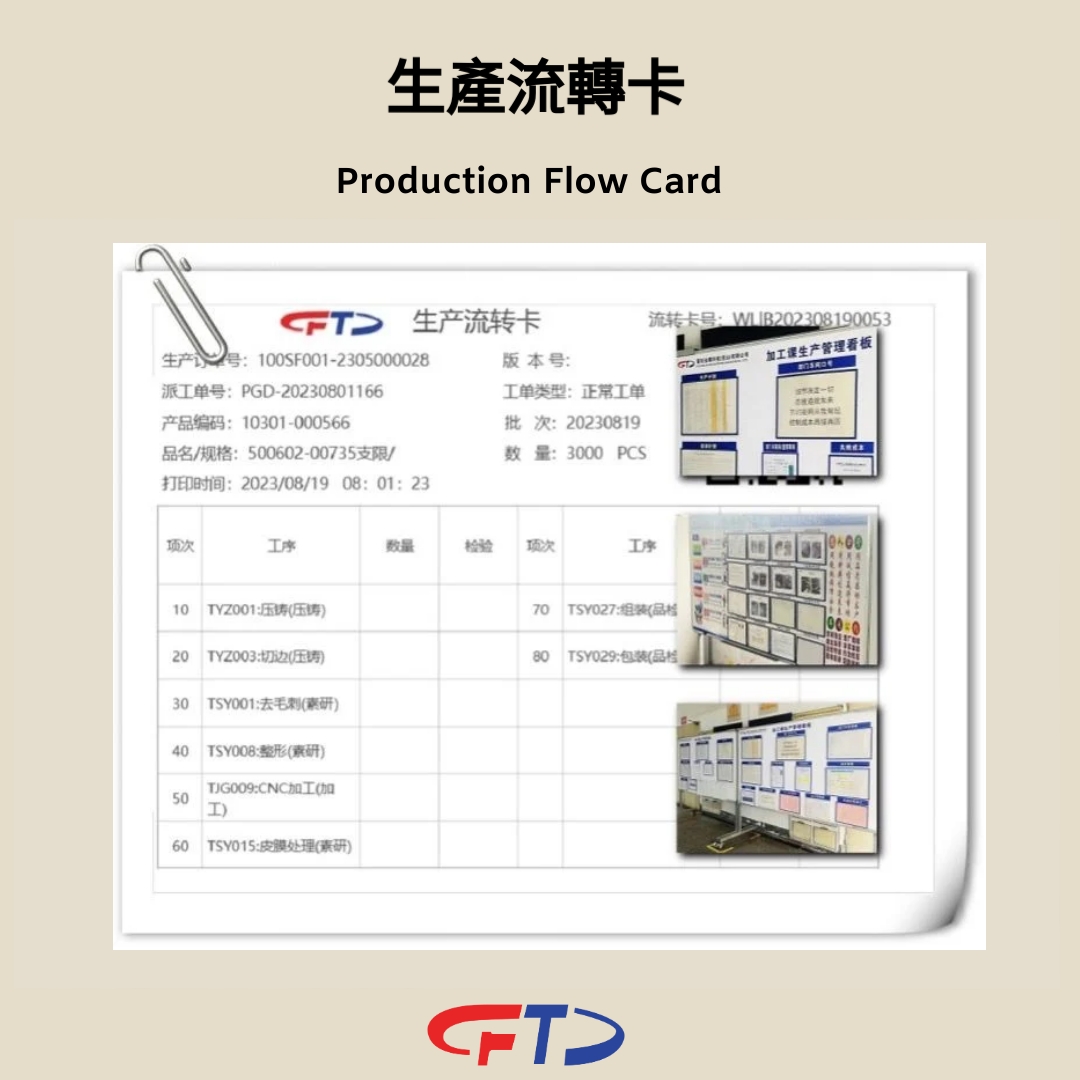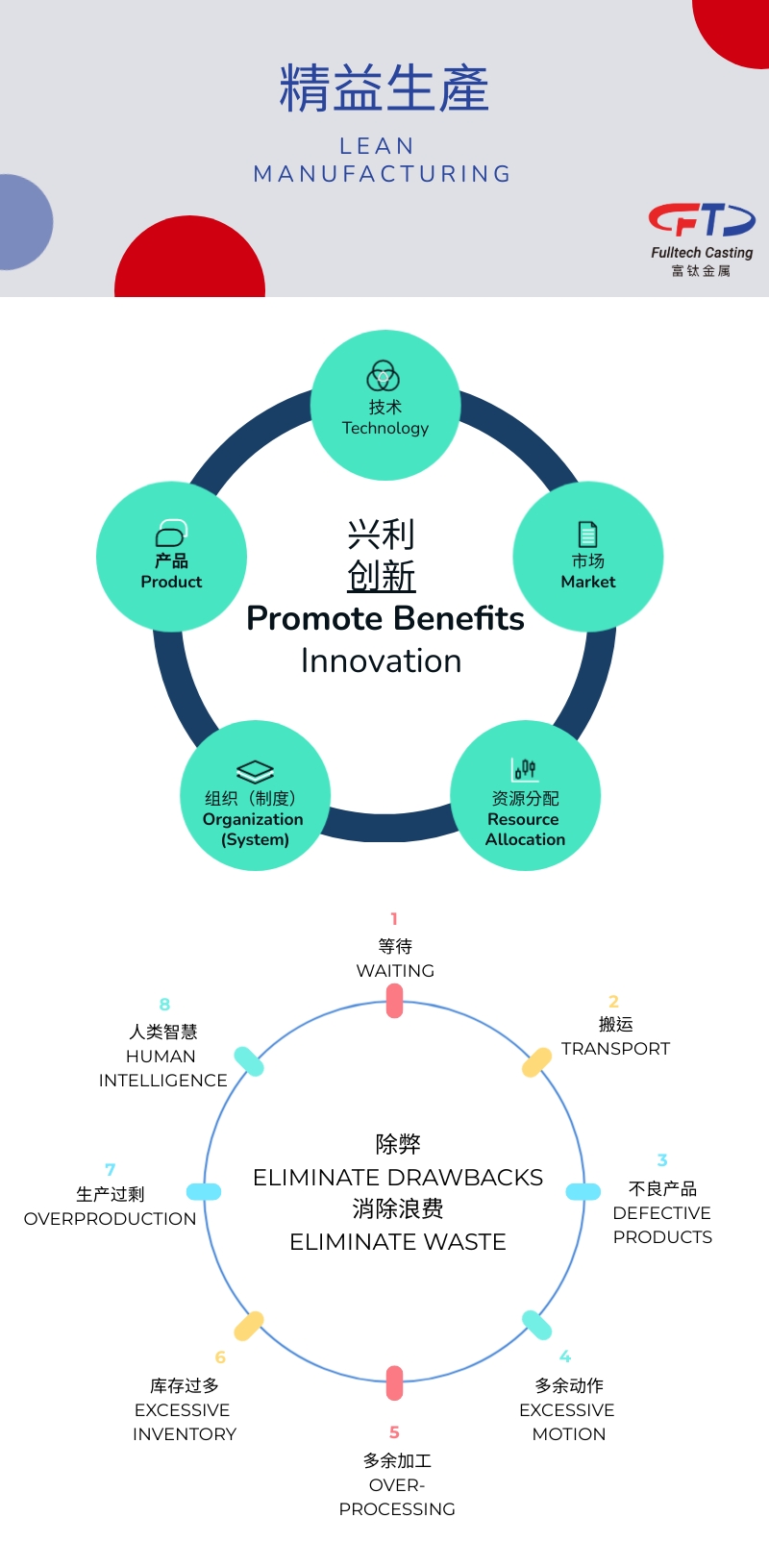Lean Manufacturing Detailed Explanation: Core Principles, Innovative Practices, and the Toyota Production System
Overview
Lean Manufacturing, also known as lean production or lean manufacturing, is a systematic production method aimed at reducing unnecessary and non-value-adding waste (Japanese: 無駄, Muda むだ) in the production process, thereby creating higher economic value for consumers, making them willing to pay for the behaviors or processes.
The core of lean production is to create maximum value with minimal work. Lean production mainly originates from the production philosophy of the Toyota Production System (TPS), known for reducing seven common types of waste in factories, utilizing existing technology to improve productivity, reduce waste, and enhance value. Simply put, it is about "promoting benefits and eliminating drawbacks." Promoting benefits means innovation; eliminating drawbacks means eliminating waste.
Promoting Benefits
Promoting benefits also means creating new value, and value creation is the main purpose of innovation. Innovation is a process of introducing "new combinations" unrelated to past production elements and conditions into the production system. Austrian political economist Joseph Alois Schumpeter further identified five situations of "innovation":
- Product Innovation: Introducing products unfamiliar to consumers or discovering new features of products.
- Technological Innovation: New methods in the production sector not yet proven by empirical rules, which do not need to be scientifically validated but significantly improve current pain points.
- Market Innovation: Entering a market previously untapped by any enterprise in the region, regardless of whether the market existed before, creating a new market.
- Resource Allocation Innovation: Allocating resources in new ways, whether these resources are existing or newly created.
- Organizational (System) Innovation: Narrowly defined as institutional innovation, broadly defined as the creation of any new organizational structure to achieve industrial innovation, such as establishing or breaking through a monopolistic market position.
Eliminating Drawbacks
The Toyota seven types of waste (無駄mudaむだ) + one newly defined type of waste = eight major wastes:
- Waiting: Parts and semi-finished products waiting for the next production step.
- Transport: Moving unnecessary materials to the production line.
- Defective Products: Time and labor spent inspecting and repairing defective products.
- Excessive Motion: Moving personnel, semi-finished products, and equipment more than necessary.
- Over-processing: Issues caused by the original design or errors in production leading to rework.
- Excessive Inventory: Waste in storing parts, semi-finished products, and finished products.
- Overproduction: Producing more than needed.
- Human Intelligence Waste: Intangible waste.
James Womack, founder of the Lean Enterprise Institute, defined the eighth waste in 2003 as production and services that do not meet customer needs. Many other mistakes fall under this category, such as the need for continuous improvement in products, processes, and services, reducing waste, enhancing factory functionality, improving customer service, and product performance, all relying on good employees willing to contribute.
The emphasis on talent and skills reconstruction allows employees to grow with the enterprise. Ignoring this leads to missed opportunities for improvement and learning for employees, and the enterprise loses a key growth driver.
The two pillars supporting the Toyota Production System (TPS) are the Just in Time (JIT) system and the Kanban system.
- Just in Time (JIT): Ensuring the right materials flow to the right place at the right time in the right amount.
- Kanban System: Using "Kanban" to communicate work content, product flow, production time, destination, placement, and transport tools. The Kanban must always be placed next to the product so that line workers can clearly understand the current and next steps. Production and transportation should only occur when there is a Kanban.
Below is the real-time monitoring, tracking, and control screen of Fulltech Casting's "MES system" in the production process, as well as the actual production flow card and management Kanban in the workshop.


"Kanban" helps the production unit accurately grasp the progress of the production line, and the efficiency of equipment and employees, complementing "JIT" to produce and supply the required amount of products only when needed. Together, they have evolved into a compulsory subject for all management students today: the "Toyota Production System (TPS)".
Conclusion
Promoting benefits and eliminating drawbacks are the two major efforts for enterprise success. Continuously creating new value for customers and eliminating waste to improve efficiency are the unchanging principles for an enterprise's sustainable survival. Continuous value innovation and waste elimination are the keys to advancing towards the goal of lean production.

Fulltech Casting is technology-driven and dedicated to becoming a global one-stop service provider for aluminum, zinc, magnesium alloy, automotive parts die-casting mold design and manufacturing, die-casting production, post-processing, machining, surface treatment, and assembly, offering customized one-stop die-casting solutions and technical support for customers with various needs.

